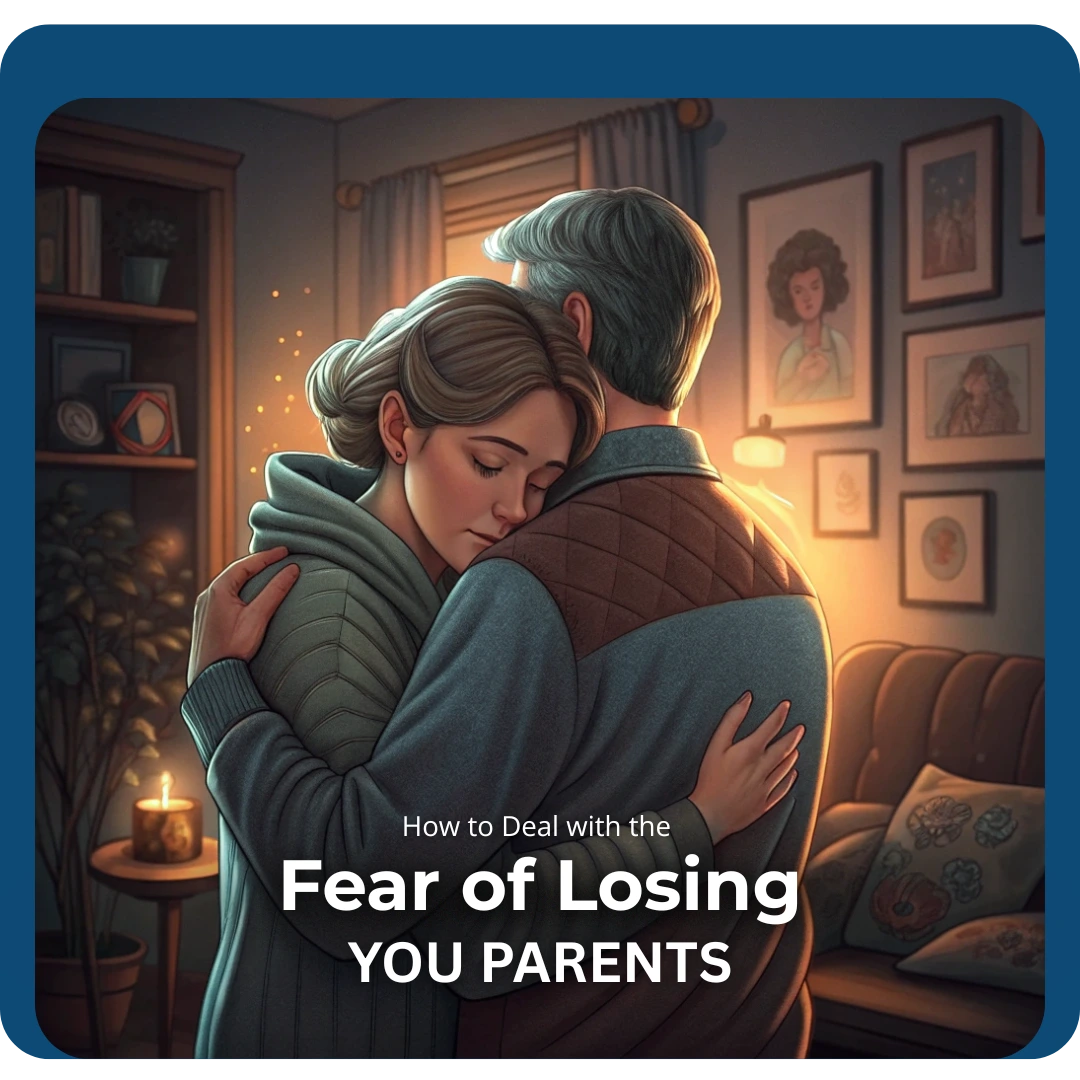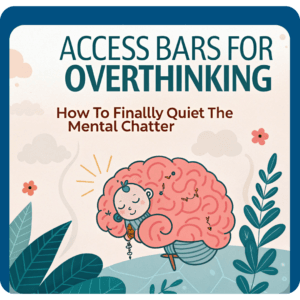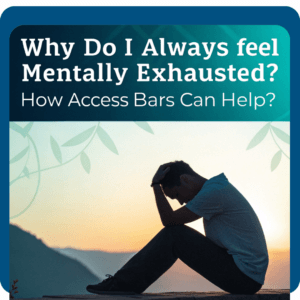How to Deal With the Fear of Losing your Parents
I was 12 when I first thought of death.
Not in the abstract, not in textbooks, not in a philosophical sense.
I was watching my mother nap in the afternoon sunlight, her chest rising rhythmically. I remember placing my fingers below her nostrils to check if she was still breathing.
That’s when it hit me: What if one day, she doesn’t wake up?
That one innocent thought cracked open a door in my heart I didn’t know existed – a room filled with fear, dread, helplessness, and guilt. And it stayed. It followed me through birthdays, exam results, career moves, even the moments I should have celebrated.
Because a part of me was always waiting for the loss.
This is not just my story.
It is the quiet story of millions of people who carry the deep, unspoken fear of losing their parents.
The Psychological Roots of the Fear
As children, our parents are the centre of our universe.
They are safety, survival, identity, and emotional grounding. As adults, even when we rebel or move away, they remain our invisible anchor.
So when the thought of losing them enters our consciousness, it shakes the very ground beneath us.
This fear can come from:
- Seeing a parent’s health decline
- Losing someone else’s parent
- Reading or watching death-related content
- Your own unresolved childhood trauma
- Feeling emotionally or financially dependent
Sometimes, the fear is intense and obsessive – what therapists call anticipatory grief. Sometimes it’s a quiet ache – always humming in the background.
Storytime: Diya’s Journey Through the Fear
Let me tell you about Diya, a 34-year-old software engineer from Bangalore.
Smart. Independent. Sorted – on paper.
But inside, she lived with a constant background anxiety: “What will I do when my parents are no more?”
She never planned long vacations. She would panic if her father didn’t pick up his phone in two rings. And when her mother got diagnosed with high blood pressure, Diya cried in the bathroom every night for a week.
No one knew.
In therapy, Diya uncovered something powerful – her fear wasn’t just about her parents dying.
It was about losing her sense of identity, control, and emotional protection.
She said, “It’s like if they go, I become a child with no roof over her head – no matter how old I am.”
What she really feared was the little girl inside her who still needed them to feel safe.
The Inner Child Behind the Fear
Your fear of losing your parents is often your inner child’s voice, not your adult self’s reasoning.
The inner child:
- Seeks safety and certainty
- Associates love proximity
- Fears abandonment as annihilation
When you start to heal this part of yourself, the fear doesn’t disappear, but it shifts into something softer – love, reverence, gratitude.
You realize: “They may not be with me forever. But the love they’ve given me is a resource I can carry for life.”
How to Deal With the Fear - Practically and Emotionally
Here are some healing strategies and tools to regulate this fear without suppressing it:
1. EFT (Emotional Freedom Technique)
Tapping on points like the eyebrow, under the eye, and collarbone while affirming:
“Even though I’m scared of losing them, I deeply love and accept myself.”
“I choose to be present in love, not in fear.”
“I honour our connection – here and beyond.”
2. Write a Letter to Your Parents (Alive or Passed)
This allows your subconscious to feel heard.
- Express your fears
- Recall your happiest moments with them
- Write what you would want to say, just in case
Let the tears come. They are part of the release.
3. Inner Child Healing Visualisation
Visualize yourself as a small child sitting in your parents’ lap.
Then visualize yourself as your current age, holding that little version of you and telling them:
“I will always take care of you. Even when they’re not around, I will be here.”
This creates emotional safety from within, reducing the helplessness tied to external dependence.
4. Prepare Logistically - Without Guilt
Sometimes, part of the fear is not emotional but practical.
You worry:
- Who will take care of their medical needs?
- What will I do when they’re gone?
- How will I handle rituals, responsibilities, or inheritance?
➡️ Make a plan. Talk to your parents when the time is right. Discuss healthcare, finances, and wishes.
Preparation doesn’t attract death. It creates peace.
5. Anchor into Spiritual or Philosophical Wisdom
Whether you believe in energy, soul, rebirth, or just love – know this:
“Death ends a life, not a relationship.” – Mitch Albom
You don’t need to “get over” your parents one day.
You only need to build a new relationship with them in your heart.
From Fear to Presence
We all want more time.
One more hug. One more Sunday lunch. One more “Did you eat?”
But while fear is about the future, healing is about the present.
Ask yourself:
- What can I say to them today that I’ve been holding back?
- How can I enjoy their presence more instead of fearing their absence?
- How do I turn this fear into love in action?
Because the truth is – the fear of loss is often a call to love louder, now.
Final Thoughts
Grief will come, as it does for all of us.
But if you’ve spent time healing your inner child, preparing your heart, expressing your love, and knowing that no bond is ever truly lost, it won’t break you.
It will shape you.
You are not alone in this. And you don’t have to carry it in silence.
Need Emotional Support?
At The Healing Room, we help people explore their deepest emotional fears – including fear of loss, abandonment, and grief – through Inner Child Therapy, Family Constellations, EFT, and more.
If this blog resonated with you and you feel ready to explore healing gently and deeply:
Because you’re allowed to live – fully, freely, and without fear, while honouring those you love.
Frequently Asked Questions (FAQs)
This fear often arises because parents represent safety, love, and emotional support. Losing them triggers deep vulnerability and a sense of emptiness.
Try grounding yourself in the present moment—focus on your breath, feel your body, and say reassuring thoughts like, “I am safe right now.”
Totally normal. This is known as anticipatory grief—worrying about future loss. Many people experience it and feel better with gentle coping strategies.
Challenge them gently. Ask yourself: “What’s the worst that can happen?” Then redirect your mind to meaningful activities or memories.
Yes—sharing your fear with a trusted friend, family member, or therapist can be deeply comforting and reduce the fear’s weight.
Yes—create meaningful memories now, express love, plan conversations, and even discuss their wishes for the future. This brings peace.
Absolutely. Writing a letter to your parent, creating a photo memory book, or doing a simple ritual can be healing and grounding.
Yes—therapists can guide you through the emotions behind the fear, help you build coping strategies, and gradually reduce anxiety.
Be open and honest, offer reassurance, encourage safe expression of their fear, and seek help from a counselor if it affects their daily life.
Experts recommend:
Acceptance that death is natural, not avoidable.
Focusing on what you can control, like cherishing now.
Living fully in the present with your loved ones.





This article truly resonated with me. The fear of losing parents is something I’ve carried silently for years. Learning about inner child healing and EFT as tools to cope and heal emotionally has opened my eyes to new possibilities. Thank you for shedding light on this sensitive topic.